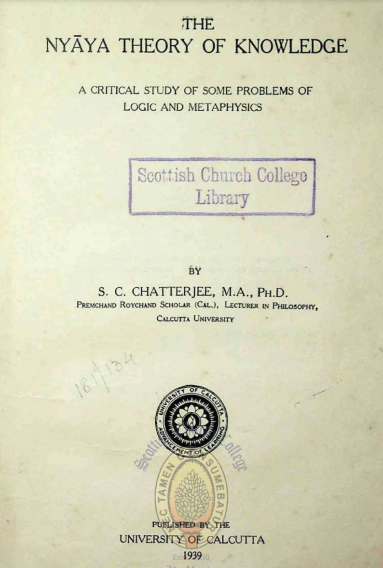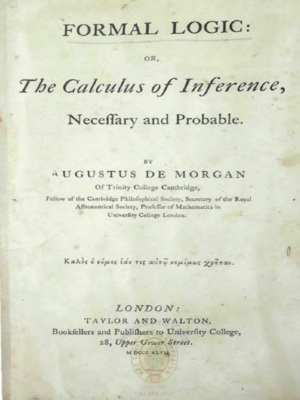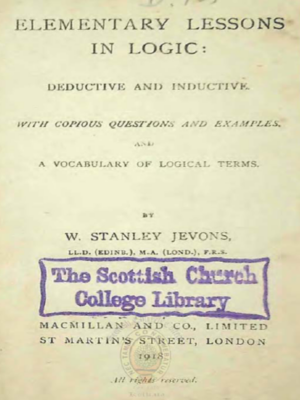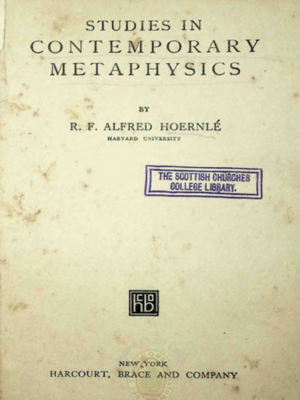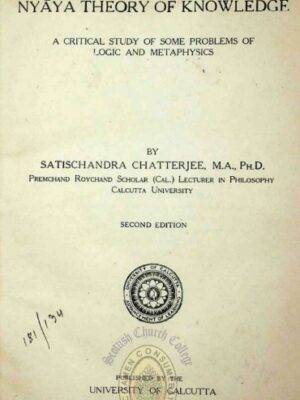Description
The Nyaya Theory of Knowledge by S. C. Chatterjee is a critical and comprehensive examination of the Nyaya school of Indian philosophy, particularly focusing on its contributions to epistemology (theory of knowledge), logic, and metaphysics. The Nyaya school, known for its rigorous methods of logical reasoning, has significantly influenced Indian philosophical thought by developing a sophisticated system for analyzing the nature of perception, inference, comparison, and testimony as valid means of knowledge (pramana).
Chatterjee provides a deep analysis of central Nyaya concepts such as pratyaksha (perception), anumana (inference), and sabda (verbal testimony), comparing these with Western theories of knowledge and logic. He also addresses metaphysical issues, such as the nature of reality, the self (atman), and causality, as understood in Nyaya philosophy. Through a critical lens, Chatterjee explores how the Nyaya school’s methodologies of reasoning and debate have helped shape philosophical discourse in India and influenced subsequent schools of thought.
This work is crucial for students and scholars interested in Indian philosophy, particularly those focusing on the logic and epistemology of the classical Indian tradition. Chatterjee’s rigorous approach makes this a valuable resource for understanding how Nyaya philosophy addresses fundamental questions about knowledge, truth, and reality.

